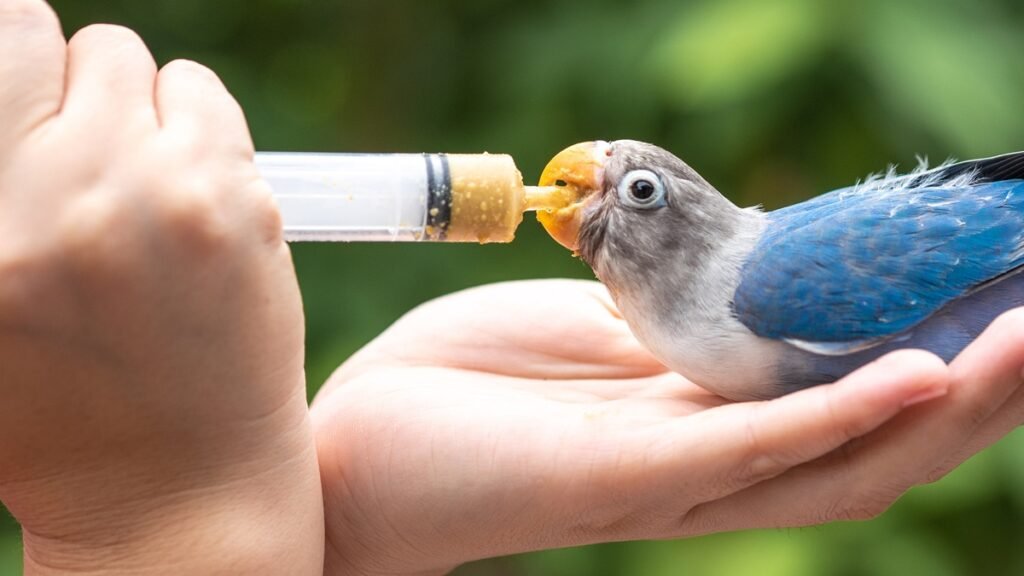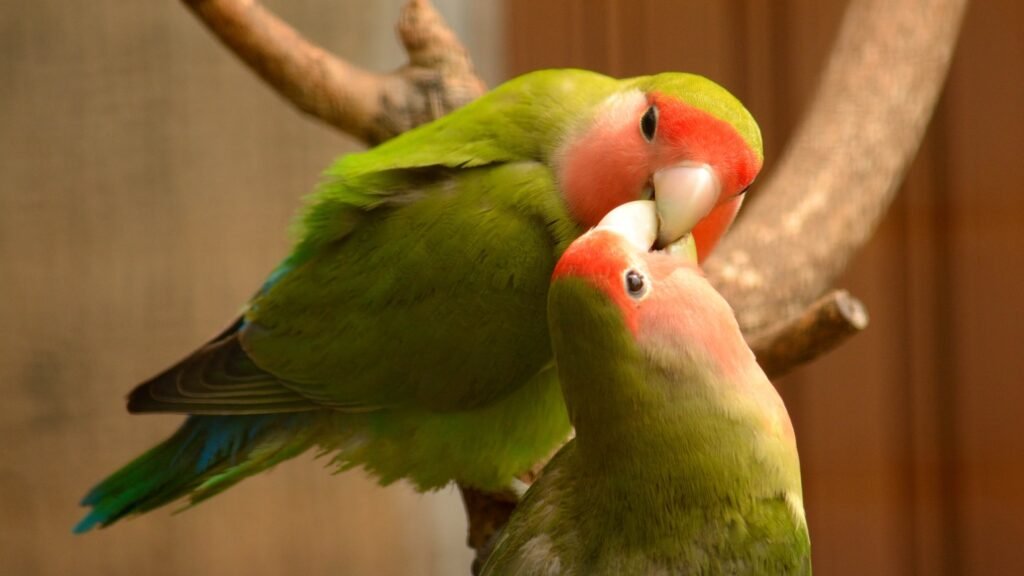Owning an exotic bird is a rewarding experience, but it also comes with responsibilities, including ensuring the bird’s health and well-being. Just like any other pet, exotic birds can face health issues that may require veterinary care. In such situations, pet insurance can be invaluable, providing financial assistance for medical treatments and procedures.
Read More: What Are Lovebirds?
Contents
Understanding Pet Insurance for Exotic Birds

Basic Coverage
Exotic bird insurance typically covers basic veterinary care, including illness and injury. This coverage often includes diagnostic tests, medications, surgeries, and hospitalization. It ensures that your feathered friend receives necessary medical attention without putting a strain on your finances.
Optional Add-ons
In addition to basic coverage, some insurance providers offer optional add-ons to tailor the policy to your bird’s specific needs. These add-ons may include coverage for wellness exams, routine check-ups, and even protection against lost or stolen birds. Considering these options allows you to customize your policy for comprehensive coverage.
Factors to Consider Before Choosing Exotic Bird Insurance
Species-specific Needs
Different species of exotic birds have unique healthcare requirements. Before purchasing insurance, it’s essential to research your bird’s species and understand its specific needs. For example, certain breeds may be more prone to particular illnesses or injuries, requiring specialized coverage.
Health Risks
Exotic birds are susceptible to a range of health risks, including respiratory issues, nutritional deficiencies, and feather plucking. Understanding these risks enables you to choose appropriate coverage that addresses potential health concerns specific to your bird.
Lifespan and Age of the Bird
The age and lifespan of your bird are crucial factors to consider when selecting insurance coverage. Younger birds may require coverage for accidents or injuries, while older birds may need protection against age-related illnesses. Assessing your bird’s age and health status helps determine the most suitable insurance options.
Cost of Exotic Bird Insurance
Premiums
The cost of exotic bird insurance varies depending on several factors, including the bird’s species, age, and health history. Premiums are typically paid monthly or annually, with the price influenced by the level of coverage selected.
Deductibles
Deductibles are the out-of-pocket expenses that policyholders must pay before their insurance coverage activates. Opting for a higher deductible can lower monthly premiums but may require you to pay more upfront in the event of a claim.
Coverage Limits
Insurance policies often come with coverage limits, which dictate the maximum amount the insurance company will pay out for a claim. It’s essential to review these limits and ensure that your policy provides adequate coverage for your bird’s potential medical expenses.
Finding the Right Insurance Provider
Research and Comparison
Take the time to research and compare different insurance providers specializing in exotic bird coverage. Consider factors such as policy options, coverage limits, and customer reviews to determine the best fit for your bird’s needs.
Customer Reviews and Ratings
Reading reviews and ratings from other bird owners can provide valuable insights into the quality of service offered by insurance companies. Look for providers with positive feedback regarding claims processing, customer support, and overall satisfaction.
Customer Service and Support
Evaluate the level of customer service and support provided by insurance providers. Choose a company that offers accessible customer support channels, such as phone, email, and online chat, to address any questions or concerns promptly.
Tips for Making a Claim

Documenting Veterinary Visits
Maintain detailed records of all veterinary visits, including diagnoses, treatments, and receipts. This documentation is essential when filing a claim, as it provides evidence of the medical care received by your bird.
Understanding Policy Terms
Take the time to review and understand your insurance policy’s terms and conditions, including coverage exclusions, waiting periods, and claim procedures. Familiarizing yourself with these terms ensures that you know what to expect when making a claim.
Timely Reporting
Promptly report any accidents, injuries, or illnesses to your insurance provider to initiate the claims process. Delaying reporting could result in complications or denial of coverage, so it’s crucial to notify your insurer as soon as possible.
Read More: Feeding Birds
FAQs
- Is pet insurance for exotic birds worth it? Yes, pet insurance for exotic birds can be worth it, especially if you want to protect your bird from unexpected medical expenses.
- What does exotic bird insurance typically cover? Exotic bird insurance typically covers veterinary care for illnesses and injuries, but coverage may vary depending on the provider and policy.
- How much does exotic bird insurance cost? The cost of exotic bird insurance varies depending on factors such as the bird’s species, age, and health history.
- Are pre-existing conditions covered by exotic bird insurance? Pre-existing conditions are typically not covered by exotic bird insurance, so it’s essential to enroll your bird when they are healthy.
- Can I use any veterinarian with exotic bird insurance? Most exotic bird insurance policies allow you to visit any licensed veterinarian, but it’s essential to check your policy for any restrictions or requirements.
The Final Words
Pet insurance for exotic birds offers peace of mind knowing that your feathered companion will receive the necessary medical care without financial strain. By understanding the coverage options available, considering your bird’s specific needs, and selecting a reputable insurance provider, you can safeguard your bird’s health and well-being for years to come.




















